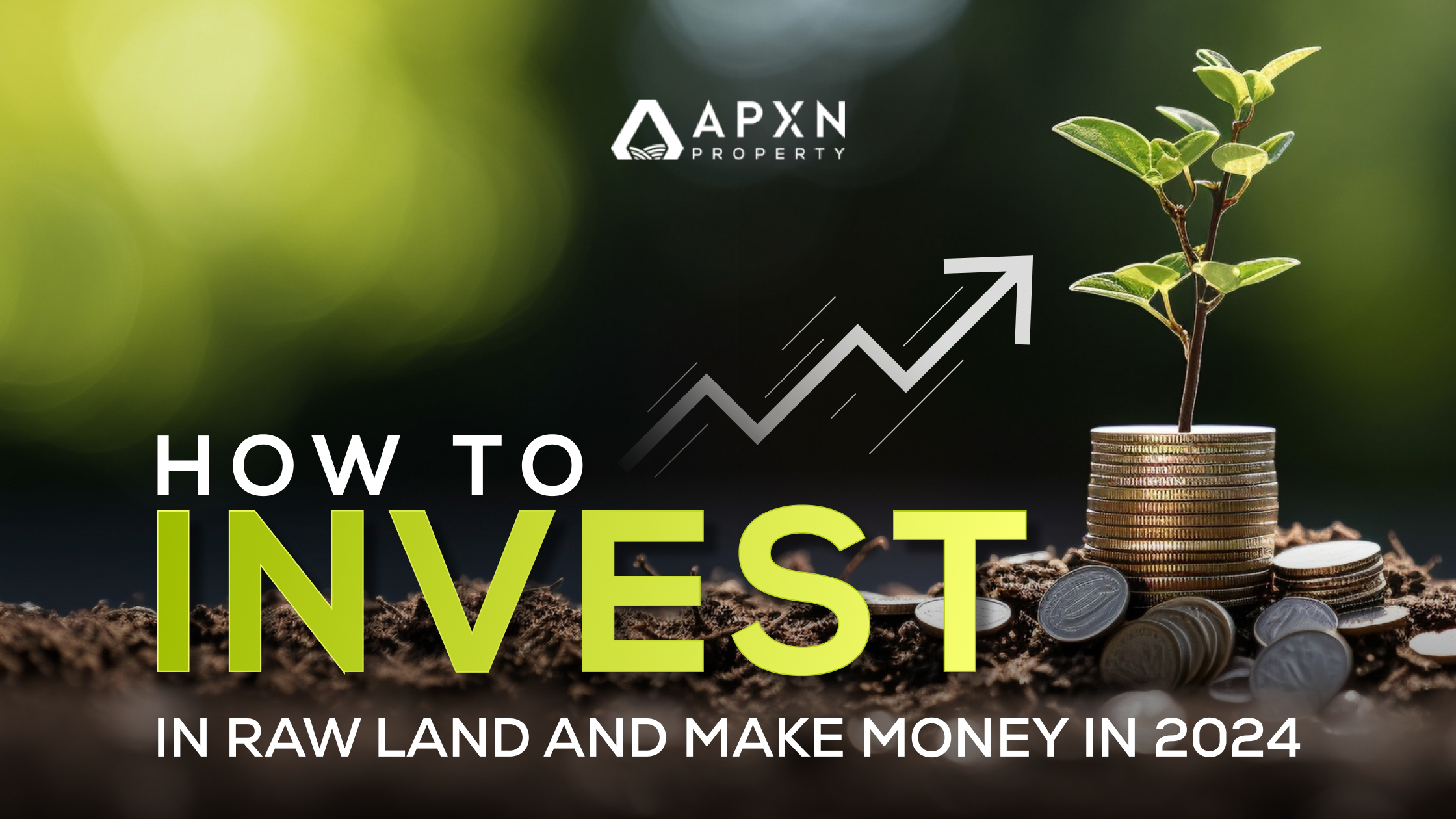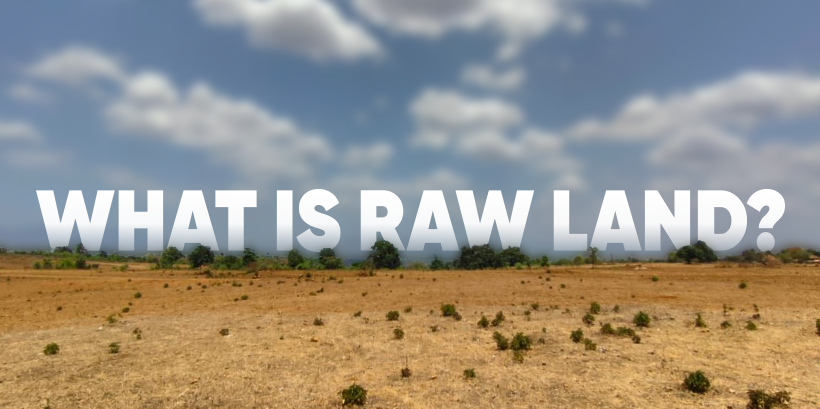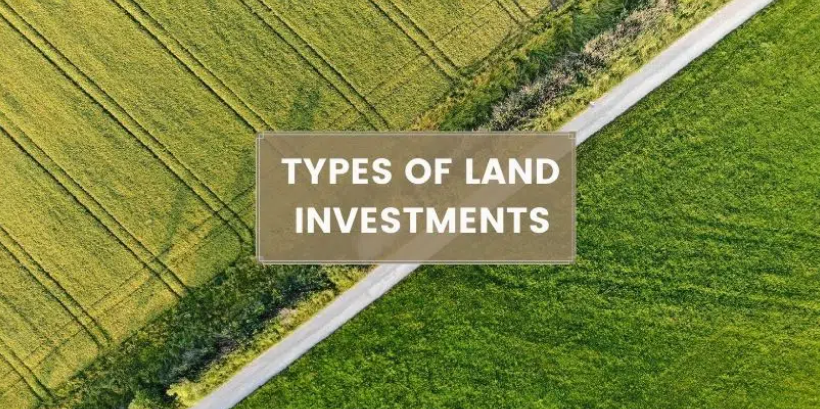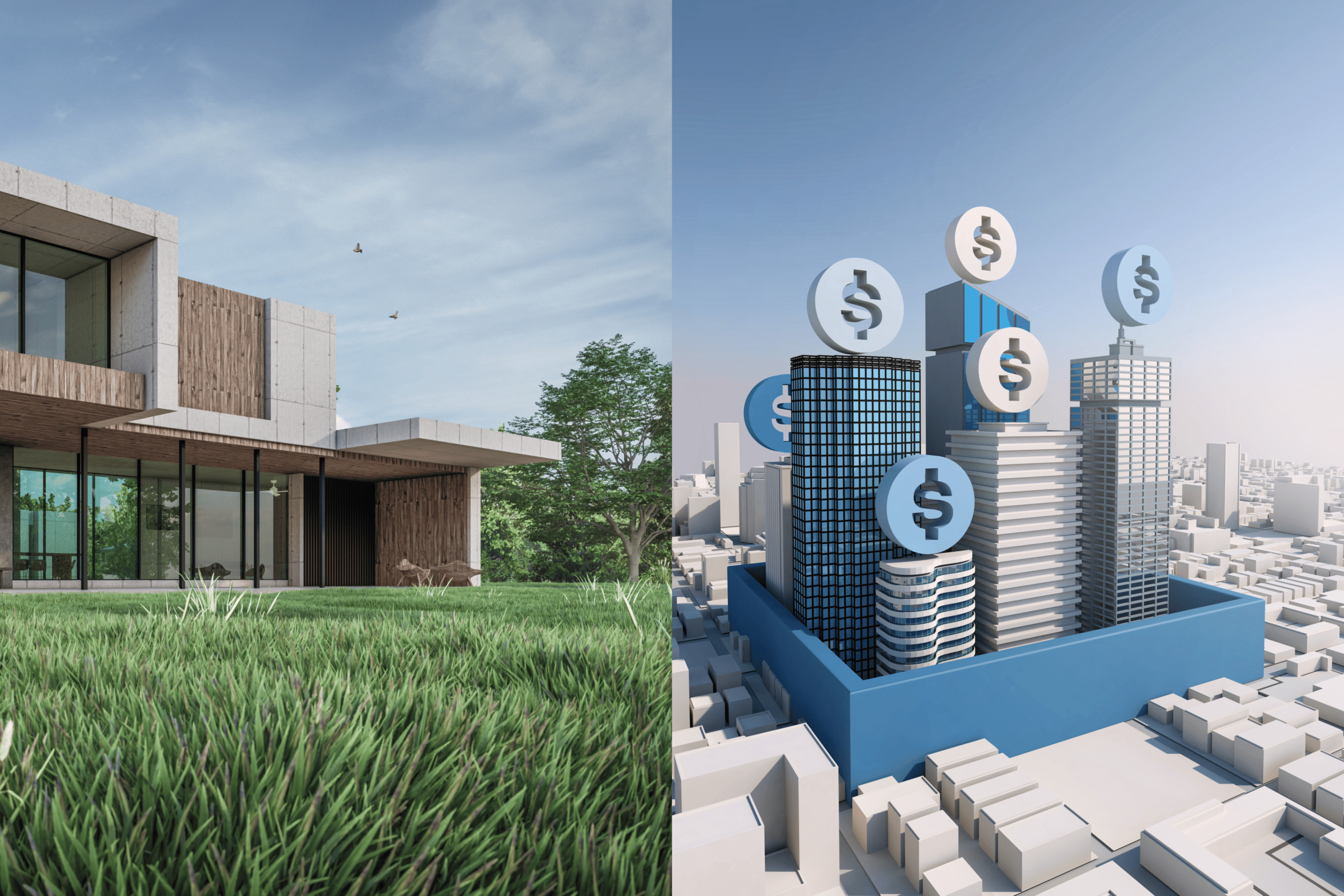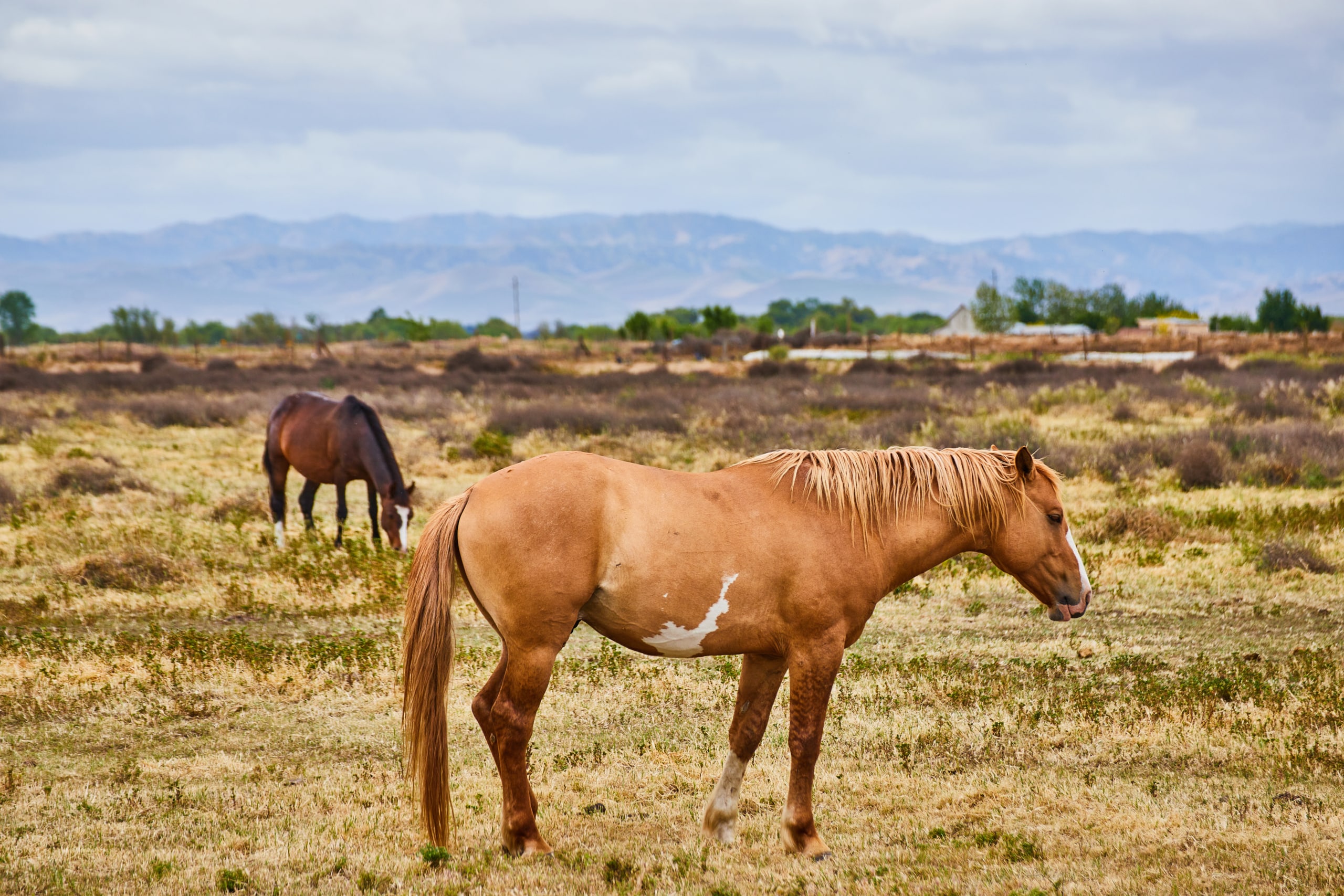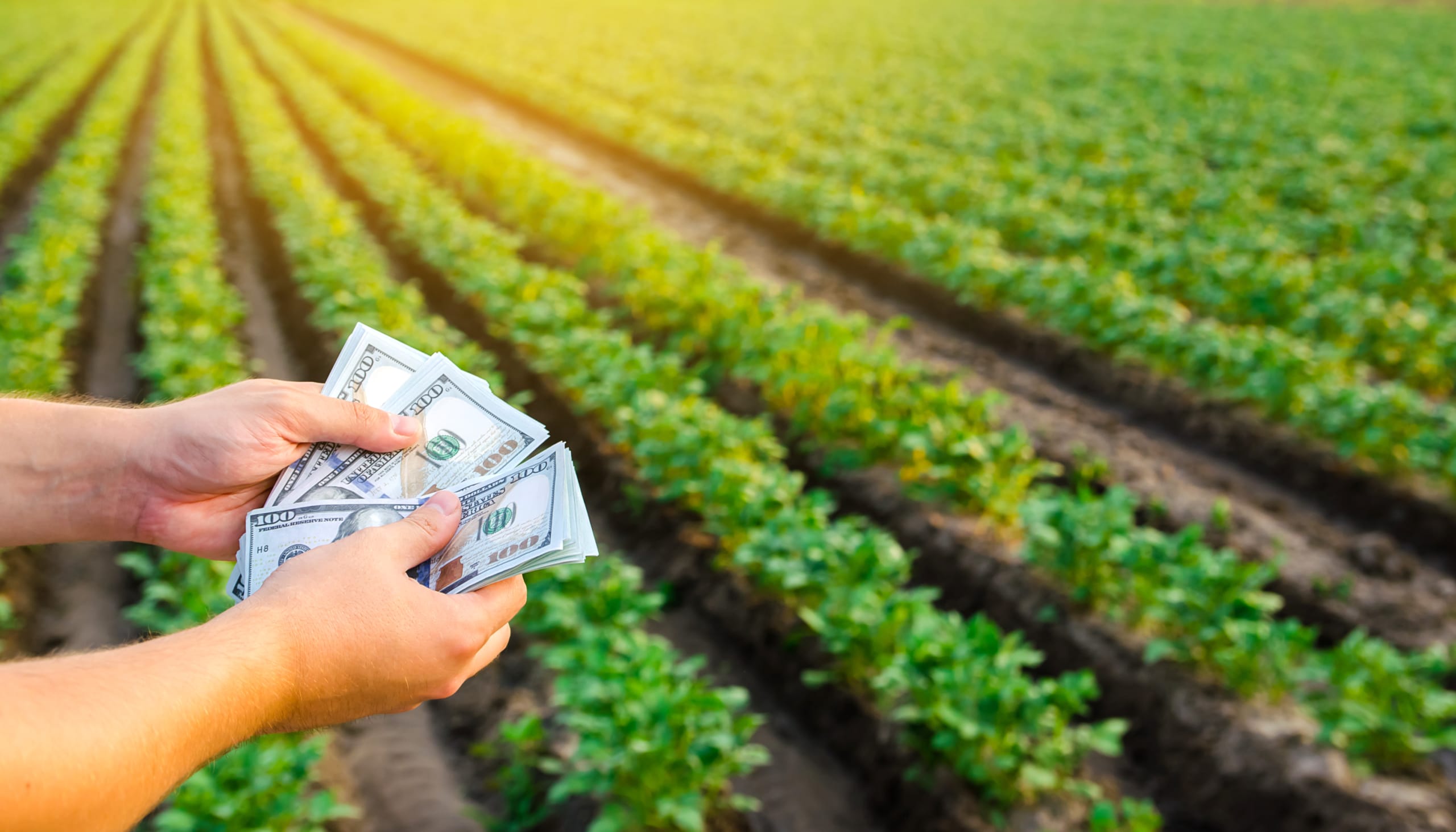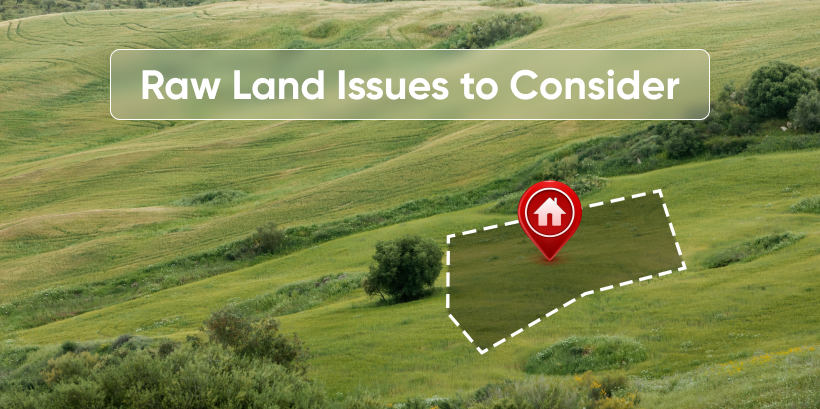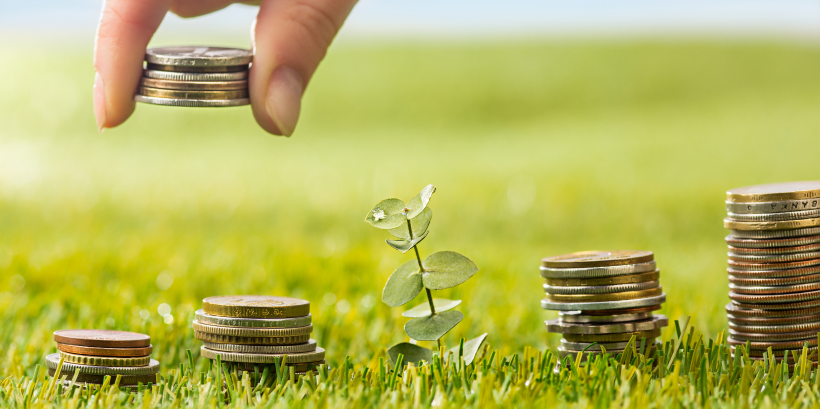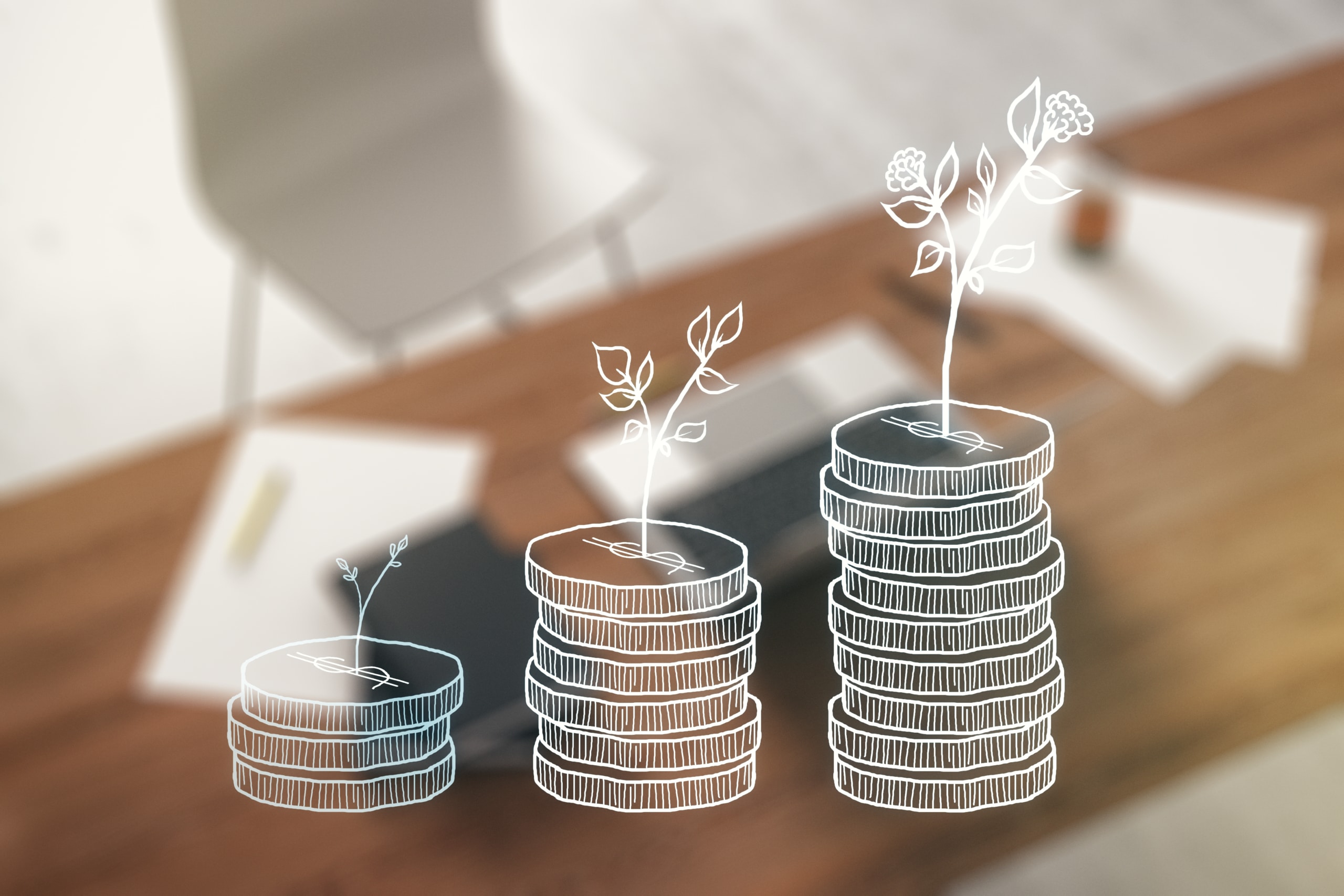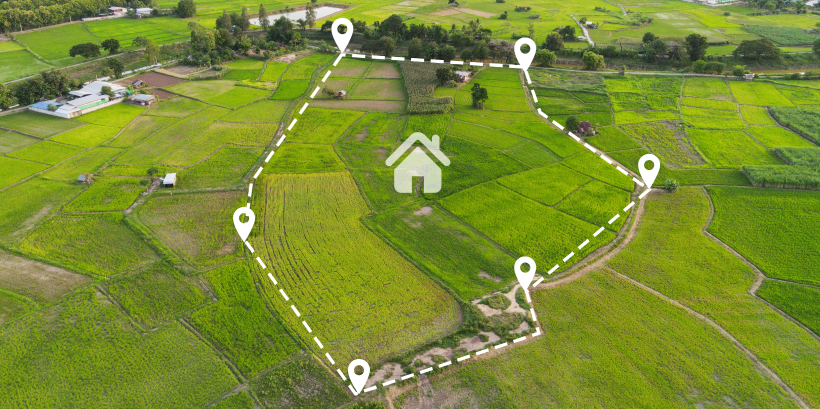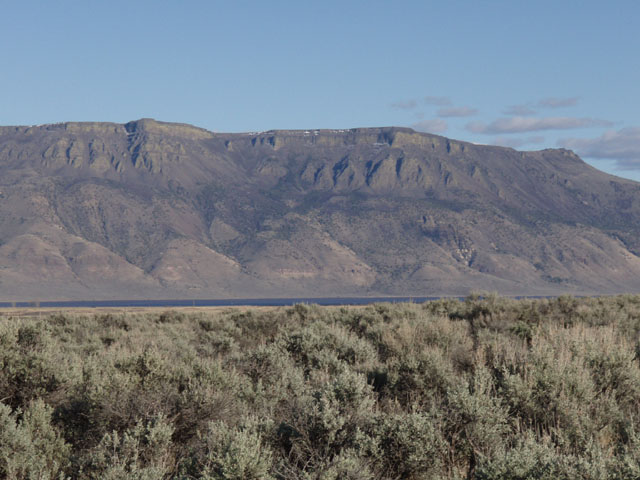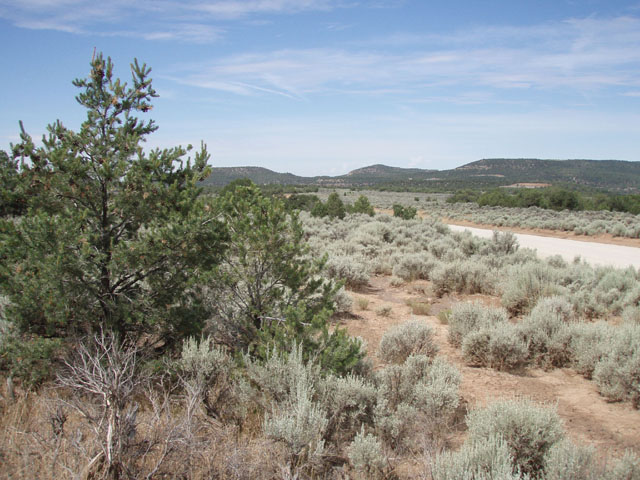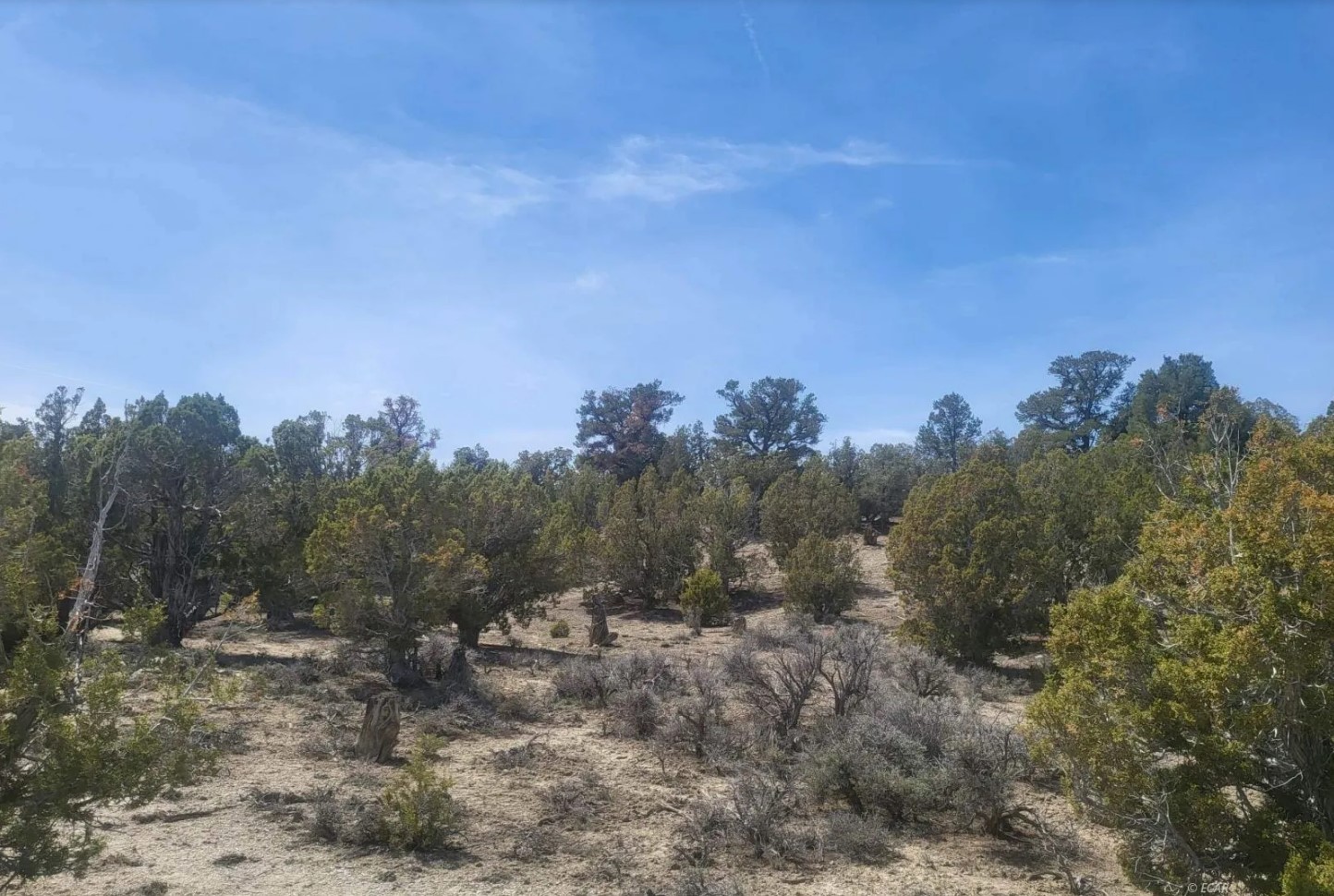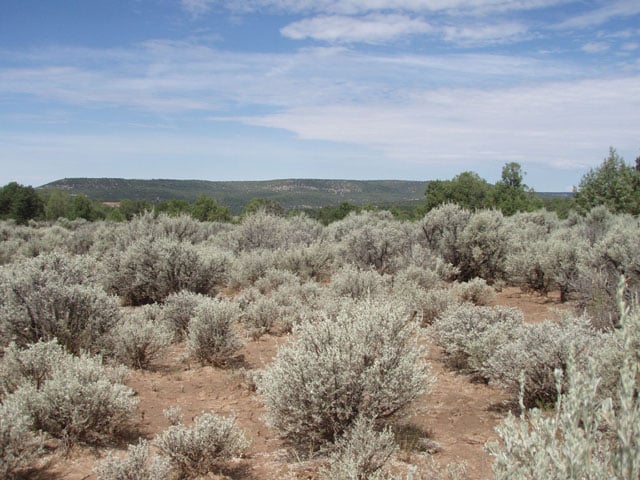Investing in raw land with in-depth knowledge and a strategic approach is comparatively less risky, and can provide incredible returns in 2024.
Investors who desire a nice payday from their investment should carry out due diligence and pay attention to restrictions before purchasing raw land.
This in-depth guide will provide valuable information about raw land investment and explain how you can get the most out of your investment.
Table of Contents
What is Raw Land?
Raw land or vacant land is an undeveloped plot of land—no improvements for things such as building on or growing crops. As there are no improvements done on the land and limited to no maintenance required, raw land investing is inexpensive and becoming popular among investors.
Besides selling it to someone else, a raw landowner can utilize it for various purposes within zoning laws and regulations. You might wonder whether raw land investments are ideal for you or the best investment option for you. Earnings investors can get from raw land investment depends on a deal and objective of purchase.
The idea of investing in raw land may appear risky or considered fitting for seasoned investors. The fact is that land investments demand determination and patience for long-term strategies. Thus, the purposes of raw land purchase are different for investors; Some might buy & develop it for an extra source of income, while others would keep it till the land appreciates higher in value to sell it for higher returns.
Types of Land Investments
Though land ownership provides a lots of benefits, investing in the right piece of the land demands some knowledge. You might have completed your first land investment without much hassle. But nowadays, buyers need knowledge of the market and sufficient capital in order to make a successful land investment.
Below are some best land investments that may sound basic but are crucial for investors to recognize the differences.
- Commercial and Residential
- Row Crop and Livestock
- Farmland Investing
Commercial and Residential Land Investments
As the name suggests, commercial and residential land investment properties, zoned for those specific uses. There are some reasons these two land investment types are popular among investors. The primary reason is, these land plots allow certain development types, which helps investors with investment strategy and financing. Also, it gives lenders a clear idea about investment purposes and returns for a plot of land with commercial or residential zoning.
Row Crop and Livestock Land Investing
Unlike other investment types, row crop land investment may be intimidating, especially for beginners. Nevertheless, this type of investment can deliver higher returns when executed strategically.
Investors with knowledge of the agriculture industry and real estate are more likely to achieve success with row crop and livestock land investments. Investors must analyze the market price and agricultural product a plot of land is designed to be used for and the likely subsequent returns.
Farmland Investing
Farmland investing refers to areas used predominantly for timber, orchards, vineyards, and so on. The land use separates farm investment and livestock investment. It’s essential for investors to understand the type of farm and the returns to make sure they achieve their desired profit levels.
Raw Land Issues to Consider
As we’ve said before, raw land investing provides numerous benefits, but there are also some crucial factors to pay attention to. Restrictions of using land can make or break a deal; it is very important to understand the zoning and permitted uses.
Apart from that, producing land will be affected by climate and environment. The value of the crop can impact your investment and expectations. Additionally ensure the location of the land you are buying is appropriate for its use, consider tax expenses and access to utilities or the cost of installing.
Be aware of your property zoning and water, for example, it is not located in a flood zone and if it does, it will not impact your intended use of the property and expected income. It is important to know if you have mineral rights or not. If the landowner does not have mineral rights then underground resources may not be exploited or owned by the land owner. According to Investopedia, investors can also gain access to agricultural investments and land assets by using exchange-traded notes (ENTs).
Benefits of Raw Land Investing
Each type of investment carries the possibilities of rewards and risks, whether it is raw land or developed land. Understanding of the market, and the factors that impact the land value pave the way to a successful investment.
Therefore making an investment requires a lot of research on different factors. Conducting proper research is required to have an in-depth insight into the pros and cons of making an investment.
Benefits of Investing in raw land are listed below:
- Low cost to own and maintain
- Potential for an expeditious return(s)
- Freedom to build or hold
- Potential for passive income
- Easier to purchase
It goes without saying, but due diligence is crucial for investors to achieve all the benefits of investing in raw land. Due diligence provides investors with an accurate picture that allows them to determine whether they can afford the land and manage potential risks.
Related: Rural Land Investment – Proven Ways to Get the Best Deals
8 Reasons Why Raw Land Is Preferred Over Other Investment Options
Greater Flexibility Less investment cost, higher resale value
If a comparison is made between already build property like house, land offers higher flexibility. If you want to change the layout or architecture of your house, then it will require cost and time. You can design your dream house as per your preference, requirement and budget.
Less Initial Investment
Raw land is more cost-effective in comparison to an already built apartment or shop. Hence, many investors prefer to invest in land early in life and then build their house later on. As such, raw land offers a great land investment opportunity.
Little Startup Funds
When you are making an investment in land, you do not need a lot of money to start with. You can buy a plot or land with a small amount or easy installment according to your budget.
Related: How to Buy Land with No Money
Choice In Construction Style
Investment in the land offers a greater choice in choosing construction style. You can enjoy better freedom in selecting construction styles. Besides, you can also choose your own style of construction with no rigidity when it comes to structure or interiors.
Finite Asset
One of the greatest benefits of land investment or a plot is that it is a finite option available as you can also resell in the future at a higher price.
With Vacant Land, You Don’t Need to Do Anything to the Property
Investment in land means that you have to do no construction or no renovations. You don’t need to be an expert or know anything about how to renovate a property yourself. In most of the cases, all you need to know are things that you are looking for in a property.
Raw Land Is a “Hands-Off” Investment
Raw land means there are ample options available. Either you can build your own house or villa or you can resell as demand is high and get a better return on investment (ROI).
Land is Very Affordable
When you deal with a piece of land for the right price, there are no mortgage payments to make, no utility bills to pay, and property taxes are also unbelievably cheap. If you want to invest your money other than keeping it in your bank account, then forget everything, just find land in the best location where the value of land in the future is expected to rise.
In addition to the aforementioned reasons, it has been found that land investors have very little competition to deal with. And, statistically speaking, vacant land owners are highly motivated to sell.
4 Land Investment Tips to Get Maximum Profits
Investing money in land is quite a tempting option because the prices of land are on the rise and are expected to increase in the coming times as well.
However, if you’ve reached this section, we consider you are aware of raw land investment benefits and ready to take a look at the ways to make money by investing in raw land:
- Divide a plot into multiple plots to increase the per-acre value.
- Development of raw land to improve its use and value.
- Buy and hold raw land, as it appreciates more often than not.
- Collect rent through leasing out the land for short or long-term uses.
Subdivide Land and Resale
Subdividing land for resale is common. It’s the fastest way to make money from raw land investment. Investors with large land parcels can increase the overall value of property by dividing it into lots and selling them separately.
Develop It
In order to maximize your returns on your investment you can make some developments on the land you have purchased. A landowner would need to consider the location, zoning, regulations, and other factors to decide to develop the land. You can develop it accordingly and get the maximum return on your investment.
Buy and Hold
Have you thought of a buy-and-hold strategy for your land investment? Land appreciation is a great source of return for raw land owners expecting good returns by selling land in the future. Land prices have been increasing and will continue to for years to come. Buying and holding raw land has the potential to render excellent profits in the long term.
Lease It
Leasing undeveloped land is another way of generating consistent cash flow without risks. Plenty of businesses lease land for a few months and years, depending on their needs. Instead of buying, companies rent land to conduct their operation quickly and cost-effectively. Besides that, landowners can lease their land for ranchers, cell towers, utility companies, billboard rentals, etc.
Evaluate Your Raw Land Investment
Each investment type we mentioned here requires different approaches and strategies for the best outcome. Generally, we focus on the location and neglect other aspects when purchasing raw land. Investors must consider some crucial factors to acquire a perfect piece of land and lower their risk. Find answers to these questions when you evaluate your investment:
- Where is the land located?
- What is the history of the land?
- Are any utilities available?
- How is the property zoned?
Important Pointers to Consider Before Investing in a Raw Land
There are some points that need to be kept in mind before making an investment in land. However, these are likely to vary from person to person.
What Do You Want to Develop on the Land in the Future?
One of the most important things to consider is to determine what you want to construct on the land you are planning to purchase. Whether you are purchasing it for house construction or for farm construction, the type of land you want to buy will depend on these factors.
What Is Your Goal?
Before you purchase a piece of land, you have to decide what your goal is for the investment. There are various different strategies to consider. Different investors could have different approaches. Additionally, the same investor may have two different approaches for two different plots of land.
How do the Different Raw Land Investment Strategies Work?
Buy and Sell
In this approach, you are just flipping the land. You believe you purchased the land below market value and are expecting you can find another buyer who is willing to pay at or more than market value.
Buy and Hold
In this approach, you buy the land and hold onto it for a period of time. You expect the land will appreciate in value. This is a common approach in the areas that are being re-gentrified. The investor purchases the land and anticipates that he can sell it to a developer in the future as the area becomes more popular.
Buy, Develop, and Hold
In this approach, you are purchasing a raw piece of land with the intention of developing the land yourself. For instance, you could build a complex of townhouses that you will rent out to residential tenants.
Buy, Cultivate, and Hold
In this approach, you are more interested in using the actual land, than building property on the land.
Buy, Go Through the Entitlement Process, and Sell
In this case, you will purchase the land and then go through the process of having the property zoned for a specific use.
Buy, Develop, and Sell
In this case, you buy the land with the intention of developing the land yourself and then selling it ultimately to an end-user.
Buy, Develop, and Rent
In this approach, you could develop the land and then rent the land to someone else.
Conclusion
Investments, in general, involve some risks raw land investment does as well. No matter in what you invest, it is always advisable to look at all the risks involved in the investment and then invest your money.
Just like any other investment, research is required in investing your money in land as well. Investors who incorporate meticulous research and plan precisely are confident when kicking off their land investment journey. Location is not the only thing that you have to pay attention to while making investments in land.
Talk to some experts who would guide you through the process and would make you understand everything about investing your money in land.
Interested in some exclusive land deals with the potential of higher returns? Be sure to check out APXN Property, one of the most popular raw land investing sites for vacant land available in Oregon, Arizona, Florida, Idaho, and other states. You will find well-priced land, usually will below what a realtor can offer.

